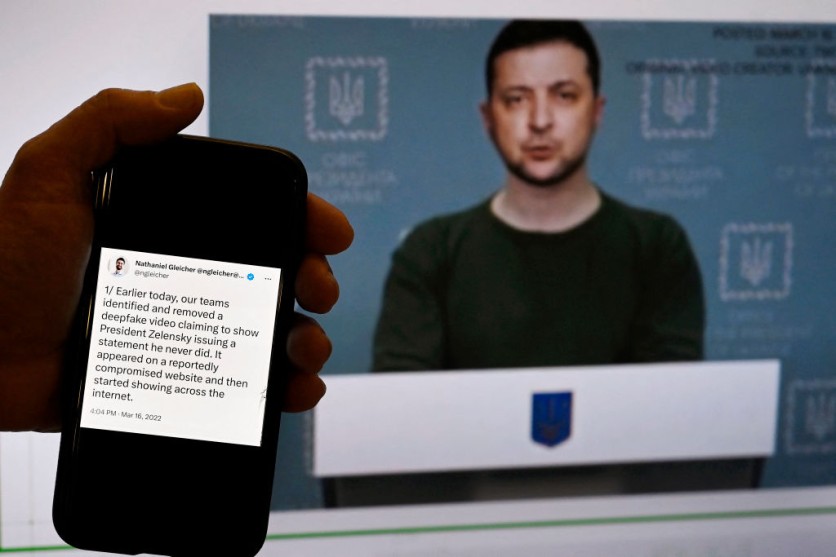With the rise of deepfakes and AI-generated disinformation, several government authorities and groups have issued warnings, the most recent of which is reportedly from Arizona's Secretary of State Adrian Fontes.
In preparation for the 2024 election, a government official released a film warning voters about the dangers of recognizing AI-generated deepfakes and other produced political content.
According to all accounts, Fontes was the one delivering the video warning, but it was a deepfake of Fontes designed to emphasize the caution and demonstrate how convincing AI-generated material may be to the uninformed eye.

In the video, Fontes' deepfake presents itself, explains its purpose and description, and reminds viewers that it is only an "impersonation" of a real person. Despite the robotic and stilted verbal delivery and some odd facial motions from the deepfake, the video is rather convincing as real footage of the Arizona official.
According to Fontes, he intended to develop procedures for handling false material and make sure election officials were "acquainted with" how AI might be used to spread misinformation.
Fontes said the state had already conducted a "tabletop" exercise with the media to help reporters identify AI-generated content and would do the same with law enforcement personnel.
AI Deepfake Warnings
Fontes' AI-generated alert is just one more example of how authorities are using the same technology to help alert the public about its potent, deceitful powers. Most famously, a local newsletter, Arizona Agenda, used AI and Republican senate candidate Kari Lake's likeness to make a false video back in March. This helped alert readers and voters to the ease with which someone can be duped utilizing deepfakes.
At first, the AI deepfake appears to be a fraud. It informs readers that Lake, a hard-right senator previously targeted by Arizona Agenda, is about to give a speech praising the magazine. The film then closes by warning viewers that artificial intelligence will be used in the upcoming elections.
The newsletter came with a warning: in this fall's election, anyone with a computer will likely be able to produce persuasive films independently, thanks to the development of increasingly potent and reasonably priced AI technology.
Not too happy with Arizona Agenda, Lake's campaign lawyers sent them a Unsatisfied with Arizona Agenda, Lake's campaign lawyers have taken action by sending them a cease-and-desist letter. All platforms where the aforementioned deepfake videos had been shared or distributed were instructed to remove them immediately. If the media did not help, the letter threatened to use every legal tool at Lake's campaign's disposal.
According to reports, Agenda writer Hank Stephenson claimed that creating an AI-generated film of a politician is "terrifyingly easy" and "terrifyingly difficult" to distinguish from fake political content.
Government Ban on Deepfakes
In light of deepfake popularity and the approaching elections, the Federal Trade Commission (FTC) has reportedly suggested modifying its deepfake prohibition. Rather than protecting only businesses and governmental entities from AI-generated impersonation, as it does currently, this amendment aims to protect all customers from it.
The proposed modifications respond to the growing public outcry on concerns about identity fraud and the detrimental effects of deepfake deception.
Related Article : Connecticut AI Bill on Deepfakes Stalls for Being Too Strict

ⓒ 2026 TECHTIMES.com All rights reserved. Do not reproduce without permission.




